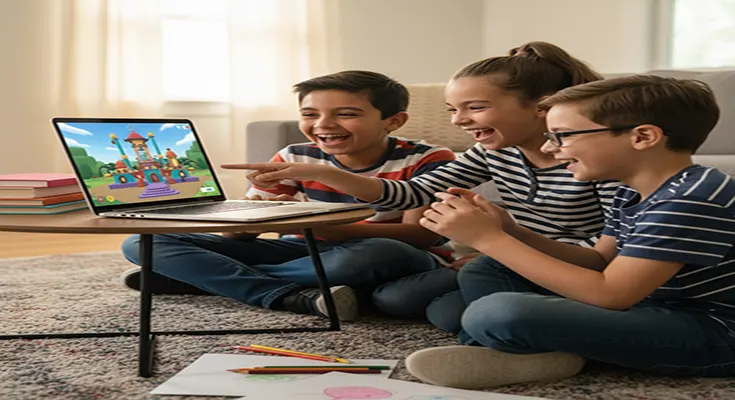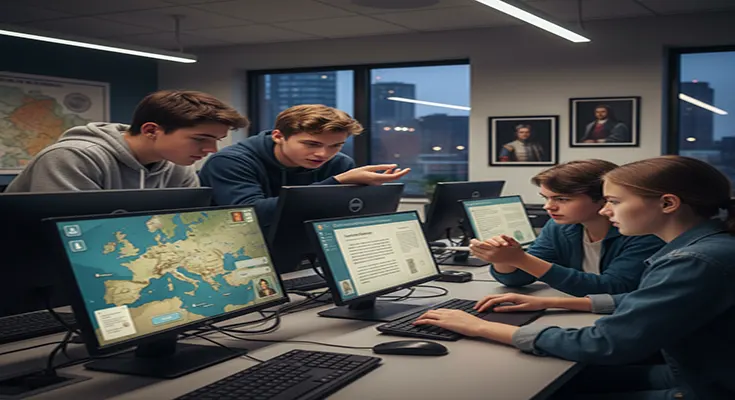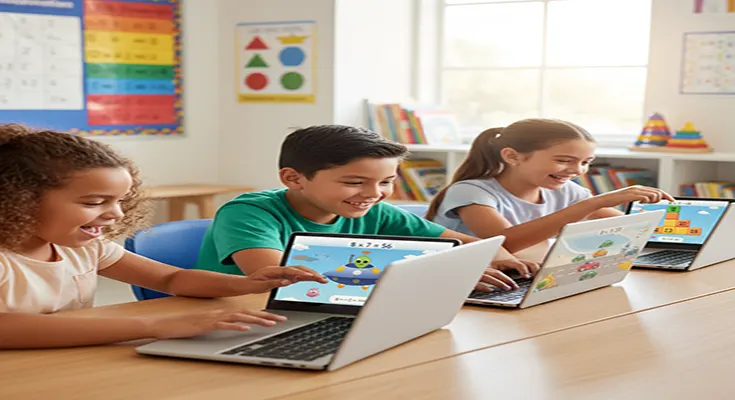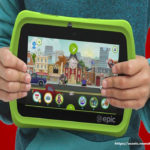Beyond the Screen: How Online School Games Build Essential Social-Emotional Skills
Remote learning presents a unique challenge: how do educators foster vital social-emotional skills (SEL) when students are physically distant? The answer, increasingly, lies in the strategic use of online school games. Far from being mere distractions, these interactive tools are proving to be powerful conduits for teaching empathy, communication, self-regulation, and teamwork, transforming remote education into a more connected and engaging experience.
The core competencies of Social-Emotional Learning—self-awareness, self-management, social awareness, relationship skills, and responsible decision-making—are crucial for academic success and lifelong well-being. In a virtual environment where non-verbal cues are often missing, games provide a necessary, structured space for students to practice these skills safely.
The Power of Play in a Remote Context
Online educational games, often referred to as “serious games” when focused on learning outcomes, leverage key elements of gameplay—challenge, narrative, and collaboration—to make SEL accessible and motivating:
- Fostering Self-Awareness and Self-Management: Many SEL games and apps incorporate digital check-ins and “feelings monsters” or emoji systems (like those found in Microsoft Reflect) to help students name and identify their emotions. Games focused on emotional regulation, such as Emotional ABCs or mindfulness apps like Smiling Mind or Calm, provide breathing exercises and scenarios that teach students














